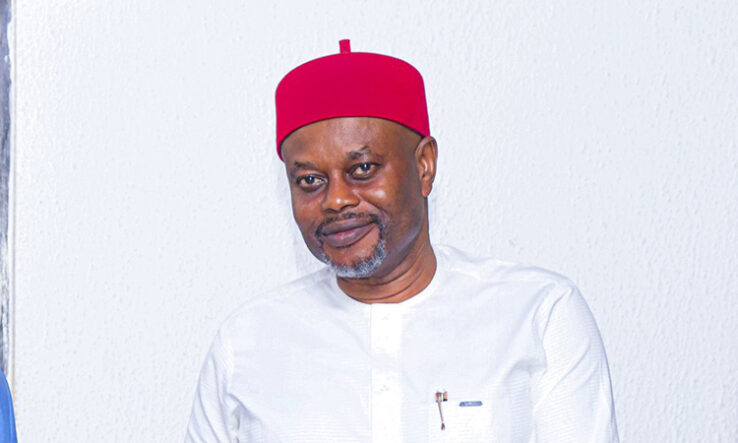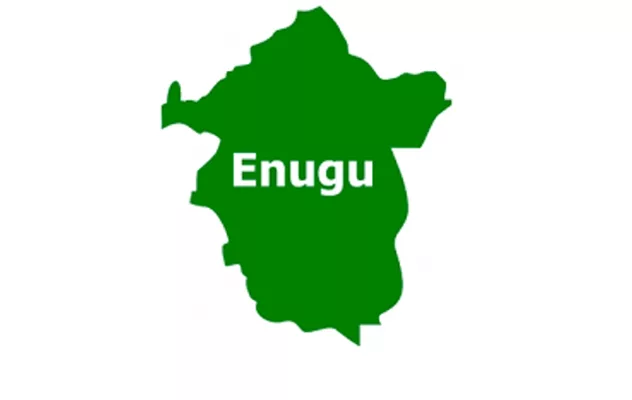But just to give you some perspective on my persuasion – how important the names are – since 1979, see the names of most of the politicians and some notable persons from Ikwerre or Igbo speaking areas and see if there is something common in their names. Both their fathers’ names and their own names!
Frank Adiele Eke, Peter Otunuya Odili , Onueze Chukwujinka Okocha, Celestine Omehia, Chibuike Amaechi, Chibudom Nwuche, Austin Opara, John Azunta-Mbata, Andrew Igbonule Uchendu, Igochukwu Aguma, Chidi Frank Wihioka, Anselem Ogiri Ndubuisi, Boniface Sunday Emerengwa, Uzondu Egbegbo, Ugochukwu Nwankwo, Eke Jerome Amadi, Ngozi Odu, Worgu Boms, Wilson Ake, Kenneth Chikere, Lasbry Amadi Onusegbu, Honda Oludi, Ike Chinwo, Nwosu George,Chnyere Igwe, kingsley Ogundu Chinda, Ogbonna Nwuke, Uchechirum Nnam-Obi, Osinachukwu Ideozu, Chisom Promise Dike, Nkwocha Janet, Iheayinchukwu Kingsley, Amaechi Ihuoma, Nwankwo Gift, Loveday Emmanuel, Samuel Nwanosike, Rejoice Ifeoma Nyenwe, Felix Oboro, Imegwu Nnaabuihe, E M Sam Eligwe, Chukwuma Imeji, Chidiebere Kalagbor, Igwe Mbombo, and many more.
Divinity: They all call God one name: “Chi” – Chineke, Chiokike , etc
Culture, customs, tradition and belief system (market days, (Nkwo, Eke, Orie and Afo), marriage ceremonies, kingship, sonship and inheritance) of the Ikwerre are similar to that of the Igbos – when compared to other distinct ethnic groups like the Kalabari of the Ijaw tribes in Rivers state. Even the Ogoni all had early contact and share proximity with the Igbo yet the differences in their cultures and languages are clear. This shows that it could not have been Igbo assimilation or acculturation or influence that changed the Ikwerre language, as the Igbo had the same contact and influence over the Kalabari, Ijaw, Ogoni, being a dominant group in the south east; rather the Igbo language changed to Ikwerre dialect due to separation hundreds of years before colonialism and the coming of the White man.
This also explains why, even after hundreds of years, when the White man came and made contact with the Igbo hinterlands in the east, especially Arochukwu people and our ancestors started trading together (towards the sea); among all the indigenous inhabitants of the area – Ibibios, Ijaws, Kalabari’s, Benin and Ogoni – the new Igbo traders naturally blended with the Ikwerre who shared common cultural and ancestral heritage with them.
No wonder during the colonial era, the Igbo seemed to wield influence in Rivers state than all the other ethnic groups (despite other political and economic advantages at that time). The answer is simple: the indigenous Ikwerre (who can be described as distant relatives of the Igbos) who are owners of Ikwerre land and Port Harcourt and the other ethnic groups like Etche, Ekpeye, Ogbakiri Ndoki, Ndoni, Egbemas, Bonny and Opobo who are Igbo speaking tribes and rightly or wrongly accepted the new migrant Igbo merchants due to common language, culture, customs and belief system. The point I am making here is that due to loss of memory and passage of time, a lot of people are beginning to forget that the Igbo have been part of the land now Rivers state, hundreds of years before any White man stepped his foot at the Kalabari Rivers. Most people tend to talk about or remember the Igbo in Rivers state mainly during colonial era and civil war. This narrative is completely wrong. The Igbo language has been in existence in this area from time immemorial.
It is also important to note that the present area known as Port Harcourt was “Igweocha” but the coming of the White man gave it a coloration to reflect the colonial conquest and identity. From studies so far I can quote the records that Lewis Vernon Harcourt (born Reginald Vernon Harcourt on the 31st of January, 1863 and died on 24 February 1922) was a British Liberal Party politician who held the Cabinet post of Secretary of State for the Colonies from 1910 to 1915. His nick name was LOU-LOU.
Port Harcourt, capital of Rivers State in southern Nigeria, is named after him. When the port was established in 1912, there was much controversy about the name it should receive. In August 1913, the Governor-General of Nigeria, Sir Frederick Lugard, wrote to Harcourt, then Secretary of State for the Colonies, “in the absence of any convenient local name, I would respectfully ask your permission to call this Port Harcourt”, to which the Secretary of State replied: “It gives me pleasure to accede to your suggestion that my name should be associated with the new Port.”
The landed area had a local name, originally known as “Ígwúóchán” in the Ikwerre language, was renamed by Sir Frederick Lugard, the then Governor of Nigeria, in 1913 in honor of Lewis Vernon Harcourt, the Secretary of State for the Colonies.
There is overwhelming available evidence, from the language, traditions, customs, values, norms, dressing, festivals, food, market days, other historic artifacts and artistic relics that prove that the Ikwerre are of Igbo extraction, who own the Ikwerre land and (Ígwúóchán) Port Harcourt in Rivers state since time immemorial, who rightfully claim to be the first to inhabit these areas just like the Kalabari Ijaw (Awome) who occupy the area known as Kalabari land today.
*To be continued
*Sir. Godfrey Nnamdi Ohuabunwa, KSC, is former President of the Port Harcourt Chamber of Commerce, Industry, Mines and Agriculture




 1 week ago
29
1 week ago
29








 English (US) ·
English (US) ·